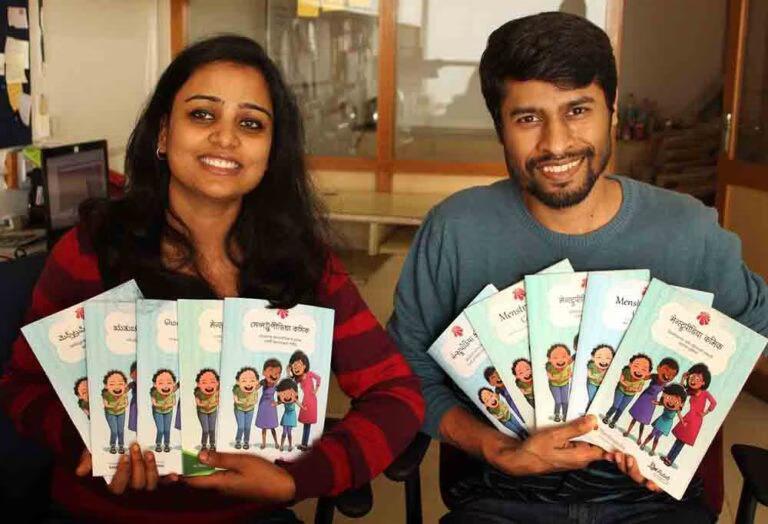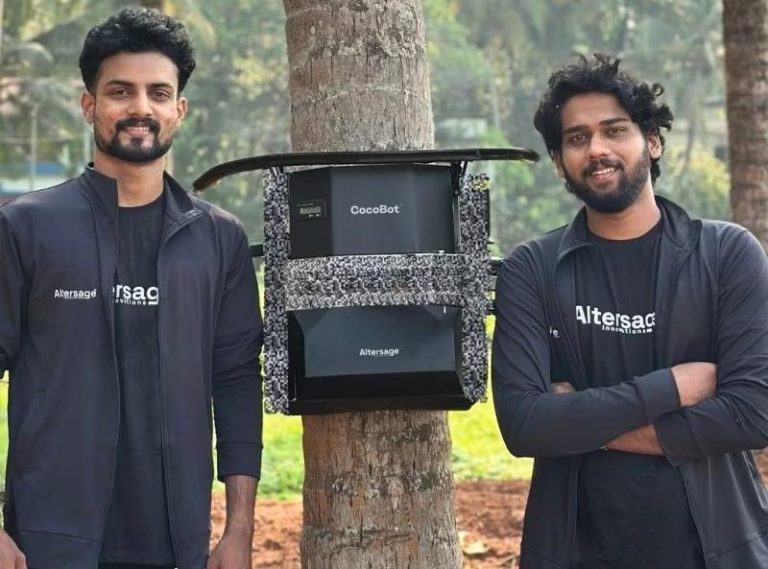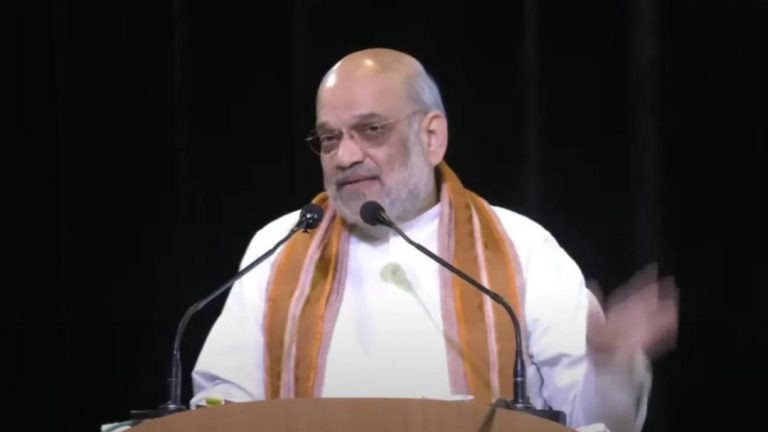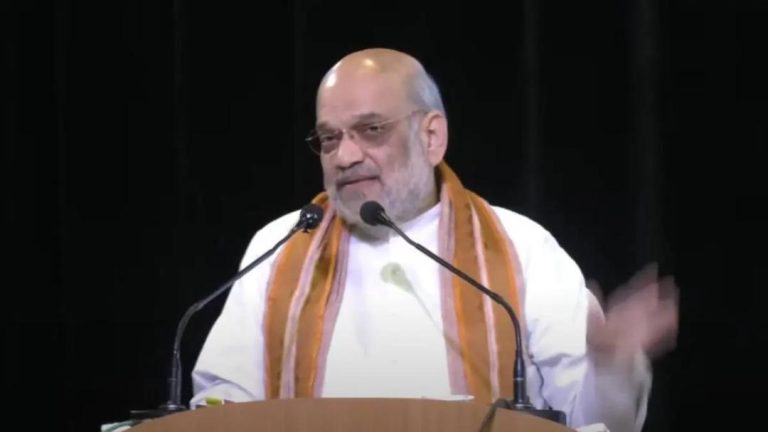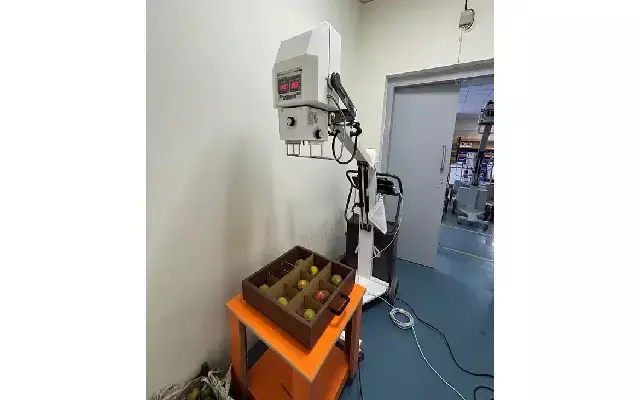
Zentron Labs Unveils India’s First Mobile Mango Defect Detector
In a groundbreaking innovation, Bengaluru-based machine vision startup, Zentron Labs, has collaborated with ICAR-Indian Institute of Horticultural Research (IIHR) to introduce India’s first mobile auto defect detector for mangoes. This revolutionary technology aims to eliminate losses for farmers by ensuring only premium-quality mangoes make it to the market. With the Indian mango industry valued at over Rs 10,000 crores, this innovation is poised to make a significant impact on the country’s agricultural sector.
The mobile defect detector uses artificial intelligence (AI) and machine learning algorithms to analyze the quality of mangoes in real-time. The device is equipped with a high-resolution camera that captures images of the mangoes, which are then processed using AI to detect any defects or imperfections. This ensures that only mangoes that meet the required standards are selected for sale, reducing waste and increasing farmer earnings.
The need for such a technology is evident. Mangoes are one of India’s most popular fruits, with a significant portion of them being wasted due to poor quality or defects. This not only results in losses for farmers but also affects the overall reputation of the Indian mango industry. Traditional methods of mango grading are time-consuming, labor-intensive, and often subjective, making it difficult to ensure consistent quality.
The mobile defect detector developed by Zentron Labs addresses these issues by providing a quick, accurate, and objective assessment of mango quality. The device is designed to be portable and easy to use, making it an ideal solution for farmers, wholesalers, and retailers. With its ability to detect defects such as bruises, cracks, and soft spots, the device can help reduce the risk of food contamination and improve consumer safety.
The collaboration between Zentron Labs and IIHR has been instrumental in developing this innovative technology. IIHR, a premier research institute in the field of horticulture, brought its expertise in mango research and quality standards to the project. Zentron Labs, with its background in machine vision and AI, developed the device and its algorithms.
“This is a game-changer for the Indian mango industry,” said Dr. S. S. Patil, Director of IIHR. “By providing a reliable and efficient way to grade mangoes, we can improve the quality of mangoes available in the market, increase farmer earnings, and reduce food waste. We are proud to have collaborated with Zentron Labs on this innovative project.”
The mobile defect detector has already been tested with a group of farmers and traders in Bengaluru, with encouraging results. Farmers reported an increase in earnings due to the ability to sell higher-quality mangoes, while traders appreciated the convenience and efficiency of the device.
“This device has been a blessing for us,” said Ramesh, a farmer from Bengaluru. “We were able to sell our mangoes at a higher price due to the quality certification provided by the device. It has increased our earnings significantly and has helped us to improve our livelihood.”
The impact of this technology extends beyond the mango industry. It has the potential to improve the overall efficiency and quality of India’s agricultural sector, which is critical to the country’s food security and economic growth.
In conclusion, the mobile mango defect detector developed by Zentron Labs is a significant innovation that has the potential to transform the Indian mango industry. By providing a reliable and efficient way to grade mangoes, this device can help reduce waste, increase farmer earnings, and improve consumer safety. As the Indian agricultural sector continues to evolve, technologies like this will play a crucial role in ensuring its growth and success.
